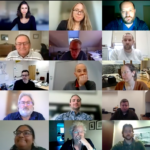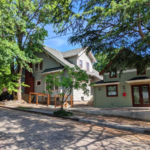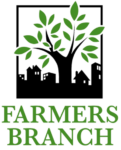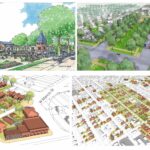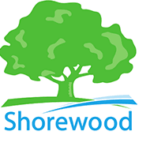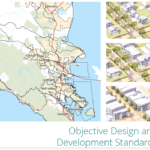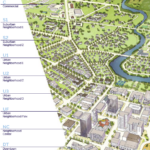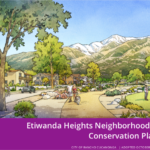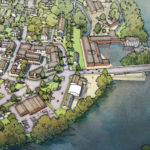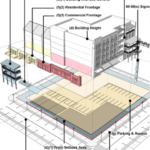Experts Discuss Zoning Reform to Create Vibrant, Walkable, Mixed-Use Communities
How do you create an attractive, accessible, diverse community—a neighborhood that is recognized and celebrated as a great place to live, work and play?
Conventional land-use regulations focus on separation of land uses, which results in isolation, suburban sprawl, income- and ethnicity-based segregation and a dearth of attractive public spaces. Car-oriented planning has robbed many places of vitality, eroded community life and discouraged walking, cycling and use of public transit.
The solution: land use and development regulations designed to shape the urban form to accommodate a variety of lifestyles, transportation alternatives and a variety of social interactions, all in an appealing setting.
Form-based zoning codes (FBC) give form to the built environment while enabling a variety of uses, including residential, retail, office, recreation and entertainment. The result is a community designed to be walkable, provide access to many transport options and attractively designed featuring plenty of open space to bring people together and encourage street life. Each code’s design is developed with substantial input from local residents and property owners.
“FBCs are an excellent tool because they are driven and shaped by what the community wants and the kind of place where they want to live and work. This approach leads to the development of unique, user-friendly neighborhoods,” explained Christopher Zimmerman, vice president for development at Smart Growth America and former chair of the County Council in Arlington, Virginia.
The Form-Based Codes Institute (FBCI) is holding its inaugural FBCI Forum this fall that will bring together to developers, planners, elected officials and urban designers to discuss and exchange best practices for how to create these types of vibrant and increasingly popular communities with form-based codes.
The FBCI Forum, which is being held on Oct. 11-12 in Rosslyn, Virginia, will provide invaluable information, insights and examples that will be useful to citizen planners, planning and zoning officials, urban designers, architects, real estate developers, land use attorneys and students of all these disciplines.
Highlights of the FBCI Forum include:
- Remarks by Geoff Anderson, CEO of Smart Growth America on how to create healthy, walkable, mixed-use communities;
- Tips from real estate developers, planners and other land use professionals from Nashville, Tenn., Arlington County, Va., Somerville, Mass., Fort Worth, Texas and other communities where FBCs are being used for great placemaking; and
- Presentations by top urban designers and code writers from top firms such as Dover Kohl, DPZ, Ferrell Madden, Opticos Design and Lisa Wise consulting that has written codes for Winnooski, Vt., Miami, Fla., and Flagstaff Ariz., among others on how to tailor an FBC to meet a community’s priorities.
Topics that will be covered range from how FBCs contribute to economic development, downtown and neighborhood revitalization, preserving historic buildings and neighborhoods, retrofitting suburbs and enhancing rural and small communities.
Attendees will also take a guided tour of Columbia Pike, a 3.5-mile urban corridor close to downtown Washington that was transformed through the implementation of an FBC. The code turned the pike from a run-down stretch of parking lots, strip shopping centers, fast food restaurants and auto dealers backing up to single-family homes to an attractive mixed-use, walkable neighborhood featuring retail and office space, new homes, a new community center and a new public plaza.
To learn more about the FBCI Forum and to register to attend this unique, event and learn more about FBCs and their potential to revitalize your community, visit the event website.


